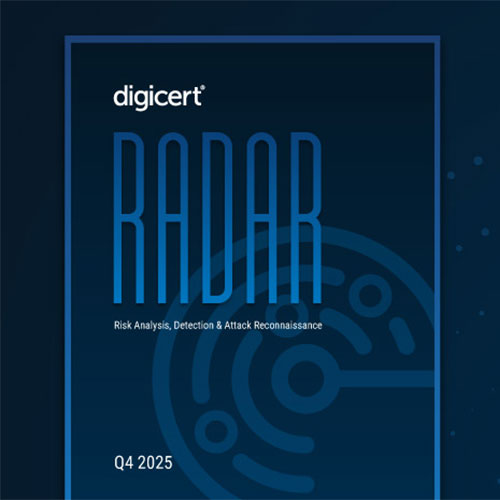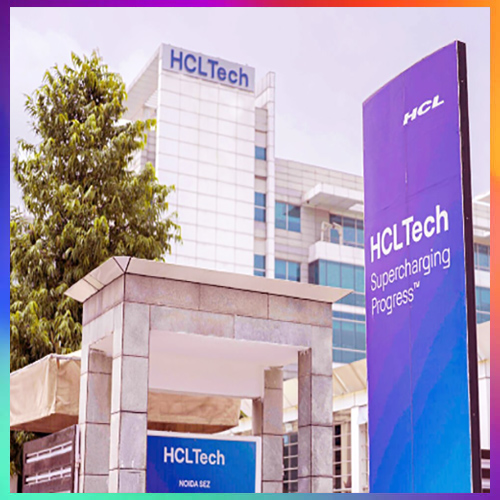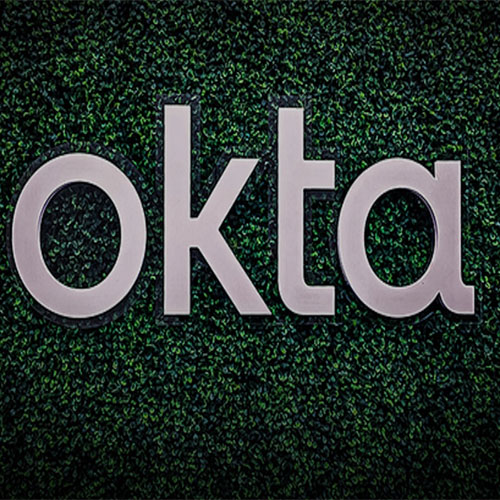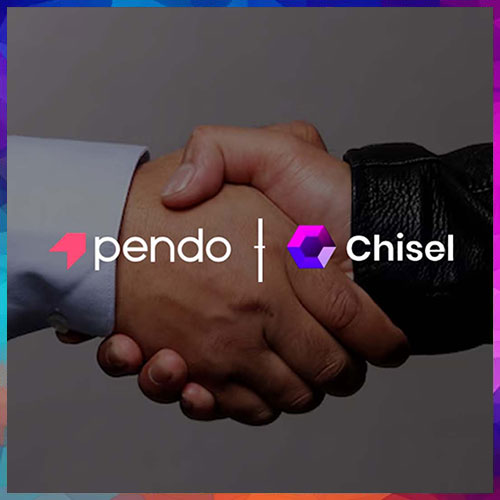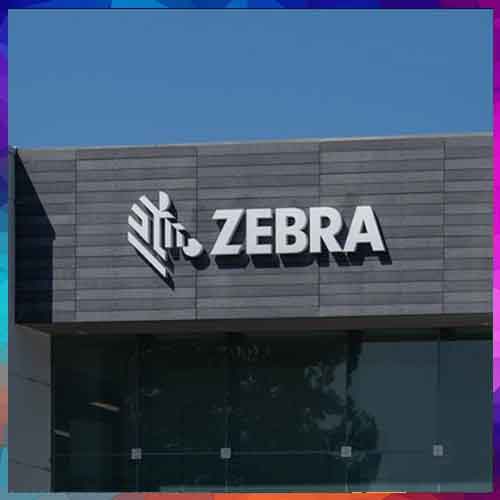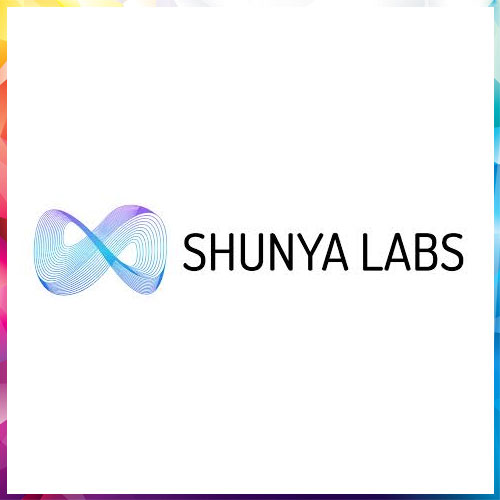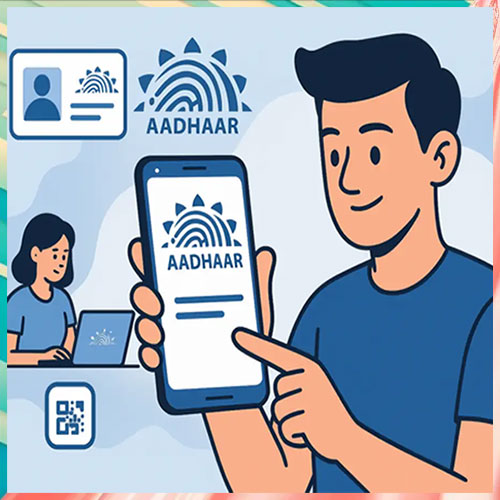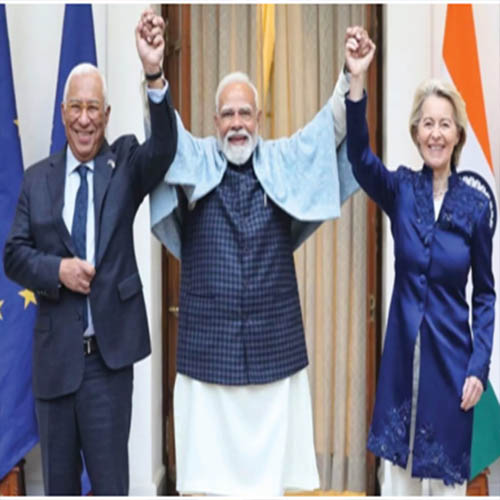
Facebook buying a 9.99% stake into Reliance Jio Platforms for $5.7 billion(Rs 43,574 crore deal ), comes along a lot of concerns related to the future of the Indian internet and digital ecosystem. It is the largest FDI in the Indian tech sector. This is going be a deeper impact in the business of Airtel and Vodafone Idea.
It would be one of the largest investments across the world for a minority stake in the technology sector by Facebook. Both Facebook and Reliance possess humongous amount of user data. Therefore, it is important to pay attention to out how exactly the data-sharing agreement between these two tech giants will affect the entire digital landscape of India.
All of us at Reliance and Jio are delighted to welcome Facebook Inc. as our long-term and esteemed partner. At the core of our partnership is the commitment that Facebook founder Mark Zuckerberg and I share for the all-round digital transformation of India and for serving all Indians,” Ambani said in a video statement. Ambani said the two companies will together accelerate India’s digital economy to empower, enable and enrich people.
He said that in the very near future, JioMart, Jio’s new commerce platform and WhatsApp will empower nearly 3 crore small Indian kirana shops to digitally transact with every customer in their neighbourhood. “This means all of you can order and get faster delivery of day-to-day items from nearby local shops. At the same time, small Kiranas can grow their businesses and create new employment opportunities using digital technologies,” Ambani said.
As per the available data, as of February 2019, Facebook comprises of 303.82 million Indian users which roughly accounts for 21% of the entire population of India. WhatsApp which is now owned by Facebook has 400 million Indian users as well. On the other hand, Jio has been reported to currently have 388 million subscribers. Now we are sitting in April 2020, so far we can take approx. 10% increase in the data pool.
It is true that, Facebook knows lot many about us, through the algorithms. They track what you like, watch and click on, and then it passes that information on to Facebook advertisers.
Experts says, now Jio will now have a channel for promoting their other digital services directly to the customers of their competitors. Moreover, over time it’s also possible to expect Jio to try to use the WhatsApp relationship to try to convert Bharti and Vodafone Idea customer to use their network. We see this as a negative development for both Bharti and Vodafone Idea,” said analysts at brokerage firm Bernstein.
Now the most important issue is on the data sharing, Centre’s demand that data of Indians be stored locally. Reliance Industries chairman Mukesh Ambani, on the other hand, has been unequivocal that data of citizens must be controlled and owned by Indians, and not foreign corporations. Facebook and Reliance Jio’s views also diverge sharply on the matter of providing access to private social media data to law enforcement authorities.
Free to users, Facebook makes its money off of advertising, which is improved — or at least more valuable to companies — with it knowing more about each of its users. But it’s one thing to just assume Facebook has a lot of data on us, and it’s another to know exactly how much.
Facebook can classify roughly 52,000 traits of each of its users.
There are algorithms to help decipher the information and learn about us, with three of them being the most important.
* DeepText, looks into a large swath of information, much of which coming from commercial data brokers.
* Second one is , DeepFace, is there to identify people in pictures and suggest users tag others who are in the image with them.
* The third algorithm is FB Learner Flow, which focuses on the decisions you have yet to make. Wait, what?
Yes, it uses predictive analytics in order to decide which ads should be shown to which people. The goal is to know what you are going to do before you do. If effective, what else might Facebook try to predict about us?
Now, the Facebook-Reliance Jio deal will have to go to the Competition Commission of India (CCI) for approval amid concerns over control of data, privacy and net neutrality.
See What’s Next in Tech With the Fast Forward Newsletter
Tweets From @varindiamag
Nothing to see here - yet
When they Tweet, their Tweets will show up here.






